What Makes a Health Business Socially Responsible?
What does it truly mean to run a socially responsible health business in Africa? It’s more than CSR reports and shiny websites. Dive into ethics, equity, impact, and real examples from the continent’s healthtech ecosystem.

“When the roots are deep, there is no reason to fear the wind.” — African proverb
Let’s be honest. In 2025, calling your health startup “socially responsible” is as trendy as putting “AI-powered” on your homepage.
But what does it really mean?
Is it donating a few masks to a rural clinic?
Writing a glossy annual “impact report”?
Taking selfies at an outreach camp?
Nope.
In Africa’s health space, social responsibility is not a bonus. It’s a baseline.
🤔 So… What Is a Socially Responsible Health Business?
It’s a business that goes beyond profits to improve health equity, ethics, sustainability, and inclusion—without treating people as charity cases or test subjects.
It asks hard questions like:
-
Are we solving real problems, or building for VC decks?
-
Are the communities we serve part of the design process?
-
Are we collecting health data ethically and securely?
Because in Africa, lives depend on the answers.
🎯 6 Traits of a Socially Responsible Health Business in Africa
1. Solves Real, Local Problems
🚫 Not just importing Silicon Valley templates.
✅ Grounded in lived realities—like offline access, illiteracy, and USSD use.
Case Example:
Hello Doctor Zambia offers voice-based health info in local languages, reaching populations without smartphones.
🔗 https://www.hellodoctor.co.za/
"You cannot remove a fly from your friend's forehead with a hatchet." — You need the right tool for the right problem.
2. Involves Communities in Design
It’s not “build it and they will come.” It’s:
Build it with them, and they’ll tell you when it’s wrong.
This means:
-
Focus groups
-
Local language testing
-
Co-creating with nurses, CHWs, patients
Tool to Try:
IDEO.org Human-Centered Design Toolkit
3. Is Transparent About Data & Ethics
We’ve all seen “free” health apps that quietly hoard data like a squirrel in harvest season. 🐿️
Responsible startups:
-
Obtain informed consent
-
Follow GDPR or local data protection laws like Kenya’s Data Protection Act (2019)
-
Use end-to-end encryption
“Even the smallest leak can sink the biggest canoe.”
Data misuse breaks trust faster than bad code.
4. Has an Inclusive Business Model
If your pricing model locks out the very people who need care most, it’s not inclusive.
Try:
-
Freemium access with core features always free
-
Bulk licensing for governments or NGOs
-
Partnering with community groups for outreach
Case Example:
mTIBA (Kenya) lets users save, receive, and spend health funds digitally—even with no bank account.
🔗 https://www.mtiba.com/
5. Measures Impact Honestly
Don’t just count downloads. Ask:
-
Are we reducing maternal deaths?
-
Are kids finishing TB treatment?
-
Are CHWs actually using our app?
Use real metrics. Even small wins matter:
-
"We trained 80 nurses on our EHR"
-
"We reduced clinic no-shows by 15%"
Helpful Tool:
Acumen’s Lean Data Toolkit
6. Treats Staff & Users with Dignity
Pay fair wages. Hire locally. Give women leadership roles.
Don’t just “empower”—employ, include, elevate.
Remember: “If you want to go far, go together.”
🙌🏽 Bonus: How Doctors Explain Walks the Talk
Let’s shout out a great example:
🔟 Doctors Explain
A culturally-adapted, AI-powered health education platform that:
-
Offers 24/7 multilingual mental health & medical guidance
-
Designs for USSD, WhatsApp & low-bandwidth users
-
Partners with African medics, storytellers, and designers
-
Offers affordable plans for underserved communities
🌐 https://doctorsexplain.net/
Now that’s impact without the ego.
💬 Final Word
You don’t need a billion-dollar valuation to be responsible.
You just need intentionality, humility, and community roots.
So before your next product launch, investor pitch, or app rollout—ask:
Who are we really building for? And are we doing right by them?
Because social responsibility is not a slogan.
It’s a legacy.
What's Your Reaction?
 Like
0
Like
0
 Dislike
0
Dislike
0
 Love
0
Love
0
 Funny
0
Funny
0
 Angry
0
Angry
0
 Sad
0
Sad
0
 Wow
0
Wow
0

















































































